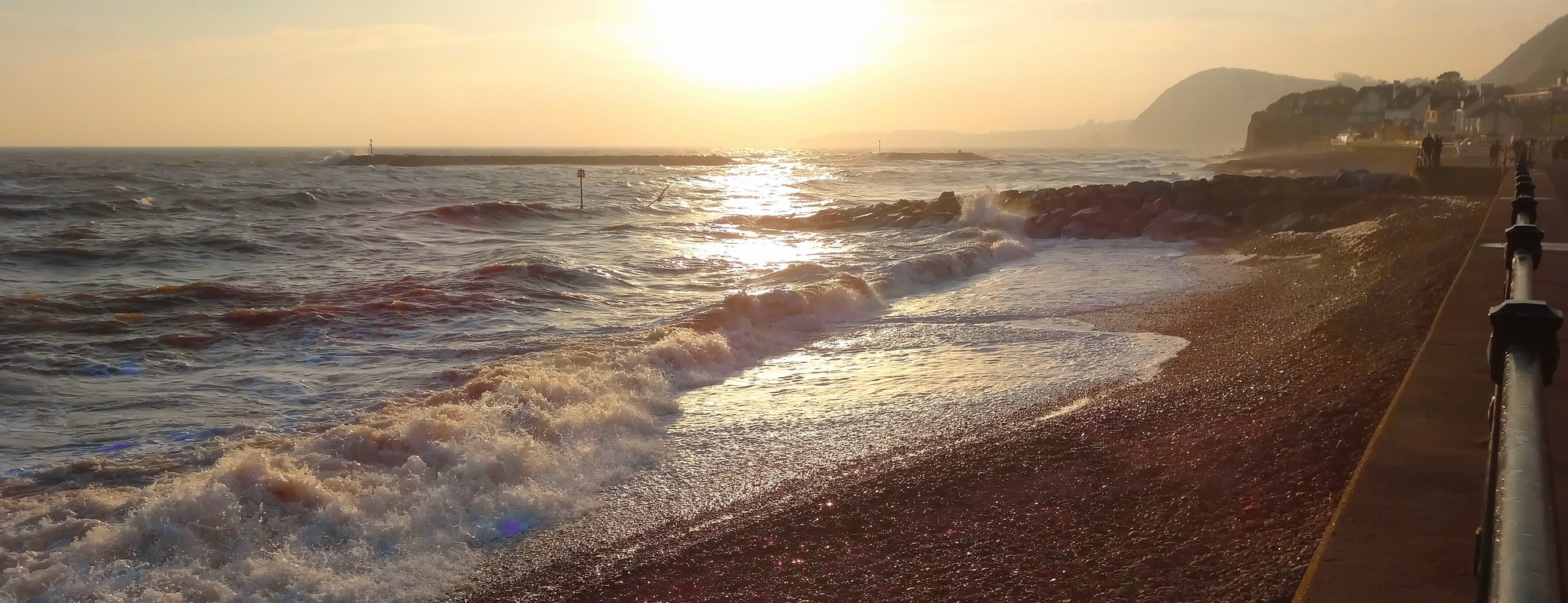In 1991, the Soviet Union collapsed – leaving Cuba under US sanctions and without any oil:
But out of desperation sprang action and hope:

When the Soviet Union collapsed in 1990, Cuba’s economy went into a tailspin. With imports of oil cut by more than half – and food by 80 percent – people were desperate. This film tells of the hardships and struggles as well as the community and creativity of the Cuban people during this difficult time. Cubans share how they transitioned from a highly mechanized, industrial agricultural system to one using organic methods of farming and local, urban gardens. It is an unusual look into the Cuban culture during this economic crisis, which they call “The Special Period.” The film opens with a short history of Peak Oil, a term for the time in our history when world oil production will reach its all-time peak and begin to decline forever. Cuba, the only country that has faced such a crisis – the massive reduction of fossil fuels – is an example of options and hope.
Power of Community — Agraria Center for Regenerative Practice
The Power of Community: How Cuba Survived Peak Oil | Intercontinental Cry
The documentary was made in 2006:
The Power Of Community: How Cuba Survived Peak Oil (2006) | Official Full Documentary – YouTube
But there has been considerable interest in the experiment since.
It has not been easy, though:
FEATURE -As Cuba struggles to feed itself, lack of cash slows rise of urban farming | Reuters
However, it does seem to be providing a model for urban farms:
Cuba’s Urban Farming Shows Way to Avoid Hunger – EcoWatch
And here is a look from a couple of years ago at the role of ‘rapid transition’:
Havana’s response to the food and fuel crisis was unconventional and creative, using what they had at hand to their best advantage. Mainstream economic thinking would suggest Cuba should specialise in producing food where it enjoys a comparative advantage, exporting it to earn foreign currency and using it to import food. Instead, people spontaneously began to address the need for food themselves. In doing so, they changed urban land use, brought about unexpected health benefits and became global experts in organic farming – a specialism that gives them an edge in a world looking for rapid transition away from fossil fuels.
The post-Cold War Cuban food experiment | Rapid Transition Alliance
Are there lessons for us today?
